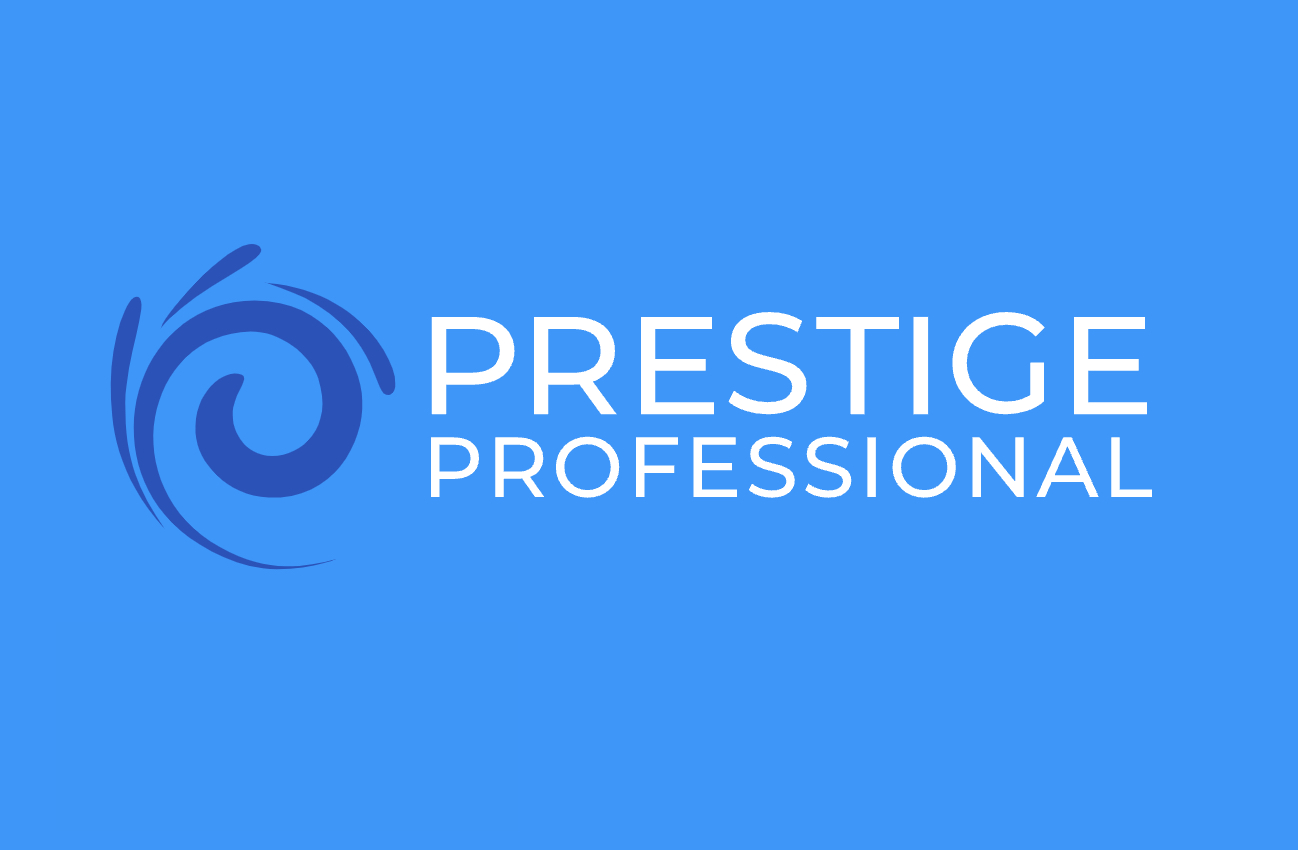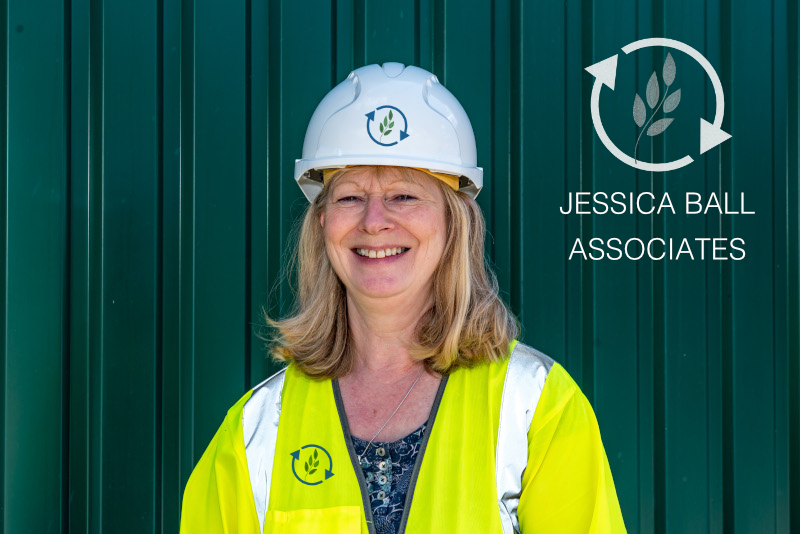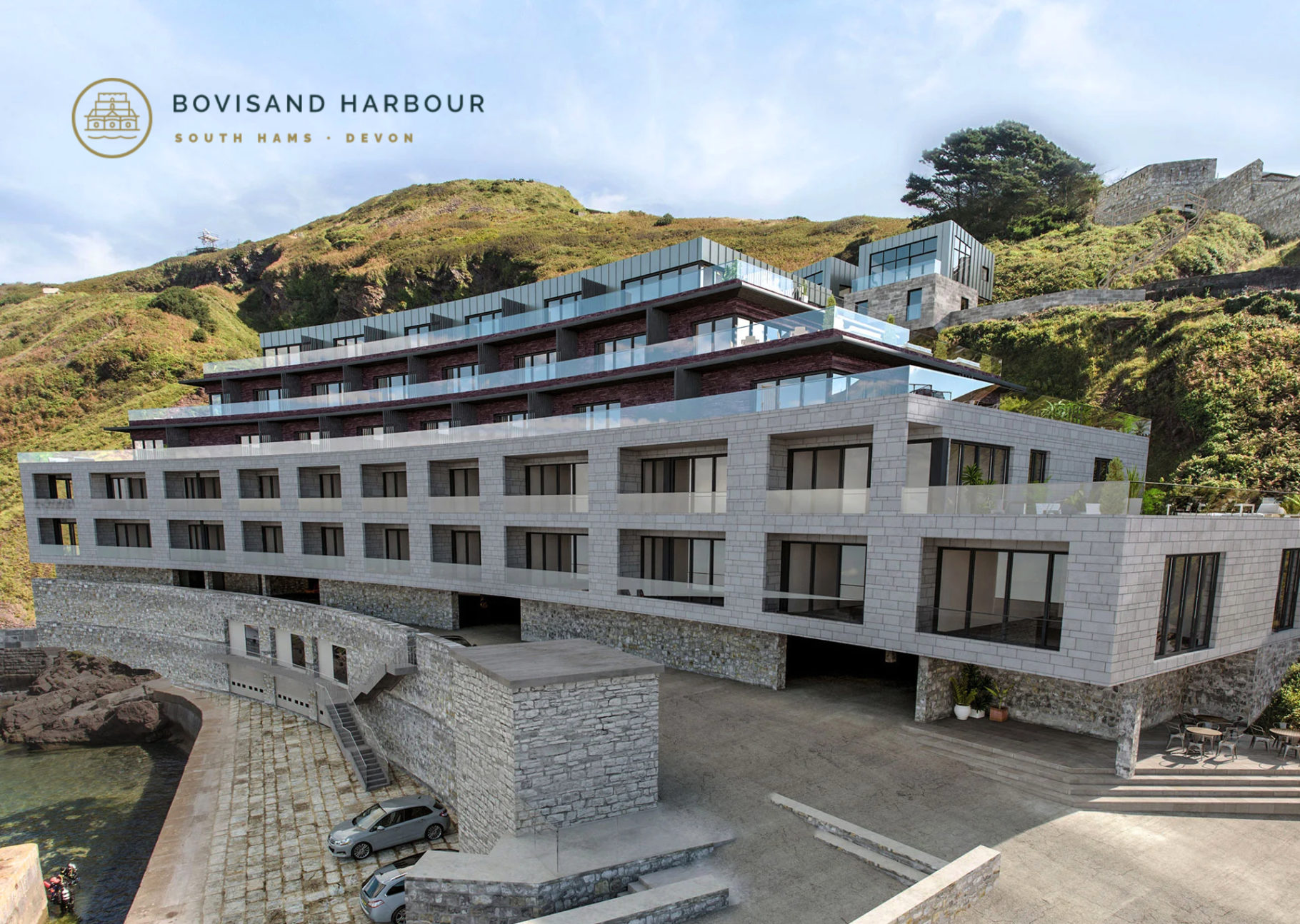Project Description
Client: University of Exeter Medical School // Clinical and Biomedical Sciences Dept.
Project: Case studies for the Business Engagement and Innovation website
When: Summer 2023
Website: www.exeter.ac.uk

The University of Exeter’s medical school is renowned for its world-leading research and medical innovations. To help the Medical School’s reputation of being more commercially active in this area, the Director of Business Engagement and Innovation in the University’s Clinical and Biomedical Sciences (CBS) department, Professor Benjamin Housden, commissioned a series of case studies. Each case study would highlight the broader industry collaboration and commercial work in the department.
A
Case Study Project Background
The University of Exeter (UoE) Medical School covers three departments: Health and Community Sciences, Public Health and Sport Sciences, and Clinical and Biomedical Sciences. While all three are highly regarded for work in their respective fields, the CBS department ranks 10th in the UK for “world-leading and internationally excellent research in clinical medicine”.
From the CBS website: “Our research directly benefits patients, the NHS, and the pharmaceutical industry. It aims to understand the underlying cellular, molecular, and genomic basis of disease and apply this knowledge innovatively, leading to improved treatment and a better quality of life for patients. Scientists and clinicians in the department work closely together to ensure our research directly targets clinical needs.“
Given that the Medical School website was due for an upgrade, Professor Housden wanted to highlight some of the partnerships and work that many Medical School academics are carrying out with commercial partners through a series of five case studies.
Interviews and follow-up questioning
Each case study would need to reach two key audiences. Firstly, an internal audience to inform other UoE staff and academics of the important work, partnerships, and collaborations in the CBS department. Secondly, an external audience to attract companies to work with the UoE on new research projects and help grow a reputation as a department that works on commercial work.
It was over to me to interview the lead academics from each of the five projects over a couple of weeks in July, with Ben arranging a schedule of online Zoom calls. After a brief intro from me, the academics would talk openly about their work. I’d then follow up with questions on the main points, including clarification on the project background, funding and investments, spin-out company status, and current project progress.
While diverse, the projects were all science and medical-based. In addition to taking notes to ensure the details were correct, each interview was recorded and transcribed. As a result, their technical nature and the complexity of each project meant the corresponding case study didn’t (or couldn’t) follow the usual ‘problem/solution/implementation/results’ format. Therefore, the case studies were more in-depth and slightly more formal in tone, in line with the University and its work.
A case study for business engagement
The differences between an academic’s way of writing versus a copywriter who likes to keep things simple couldn’t be starker. And while it would’ve been easy for the academics to accept more technical writing, they understood the need to try and simplify the language and tone. Therefore, I could make each case study slightly more informal and easy to read.
With only minor revisions on each case study, each was a success. Afterwards, one of the professors even fed back to me, saying, “Well done on a great job in constructing my verbal ramblings into a cohesive story“.
With each case study now approved and published on the site (with one pending approval at the time of writing), it’s a positive step towards the CBS department sharing its incredible work for business engagement. The type of work that usually goes under the radar until we hear about major medical breakthroughs in the media. These academics and their work are vital to that. So this project was a real eye-opener and a pleasure to work on.
Graeme was a pleasure to interact with, very responsive, and willing to work to our tight timelines. His work was excellent. I look forward to working with him again in the future!
Benjamin Housden, Associate Professor – UoE Medical School, CBS department
Case Study Copywriting With DropCapCopy
These case studies were slightly out of the ordinary. But they still serve their purpose – which is to showcase the value of the work, document its success, and build trust. Just a few months after these case studies went live, one of them led to a press release. In turn, that was picked up by BBC Southwest for an extended report on its Spotlight early evening news show, airing on 22nd January. Case studies really can work! To find out why case studies are important in business, check out a previous blog that gives you the details.
When you need case study copywriting that can do the same for your business or organisation, contact me or email me at write@dropcapcopy.com.




